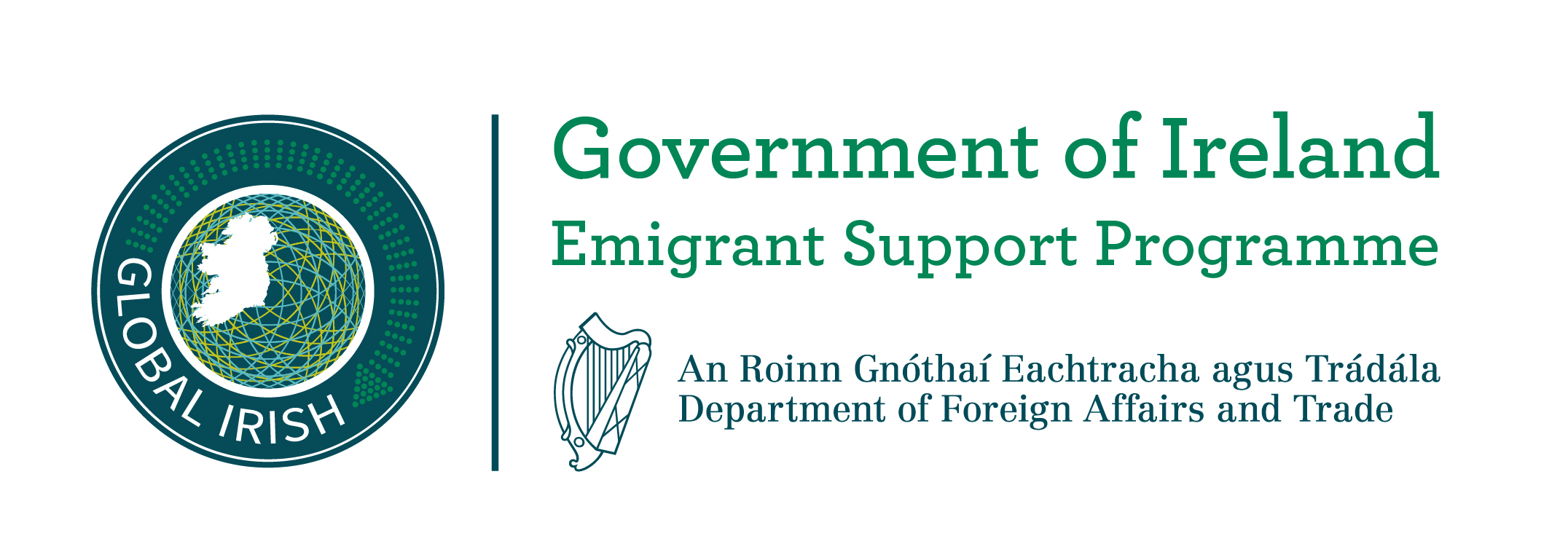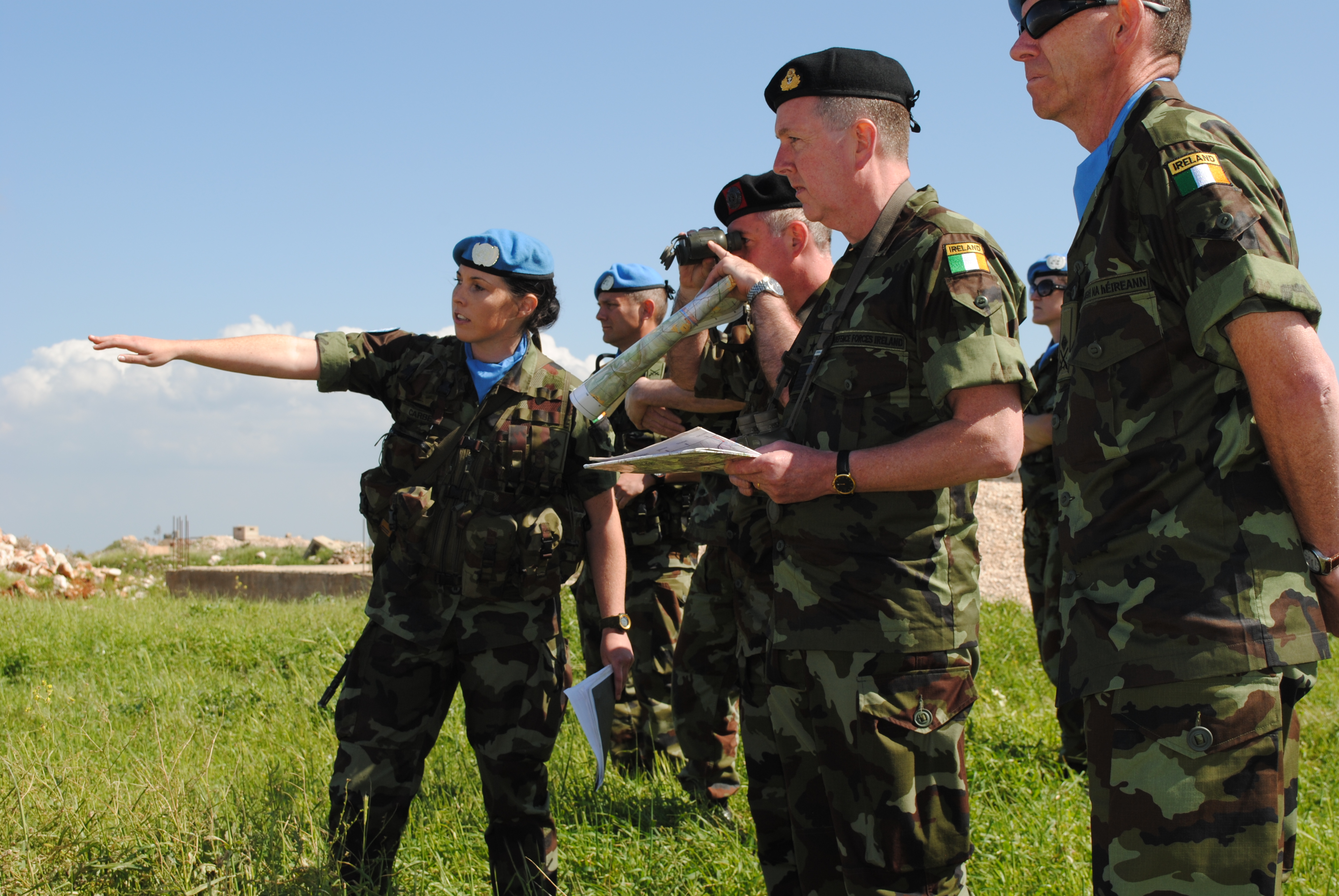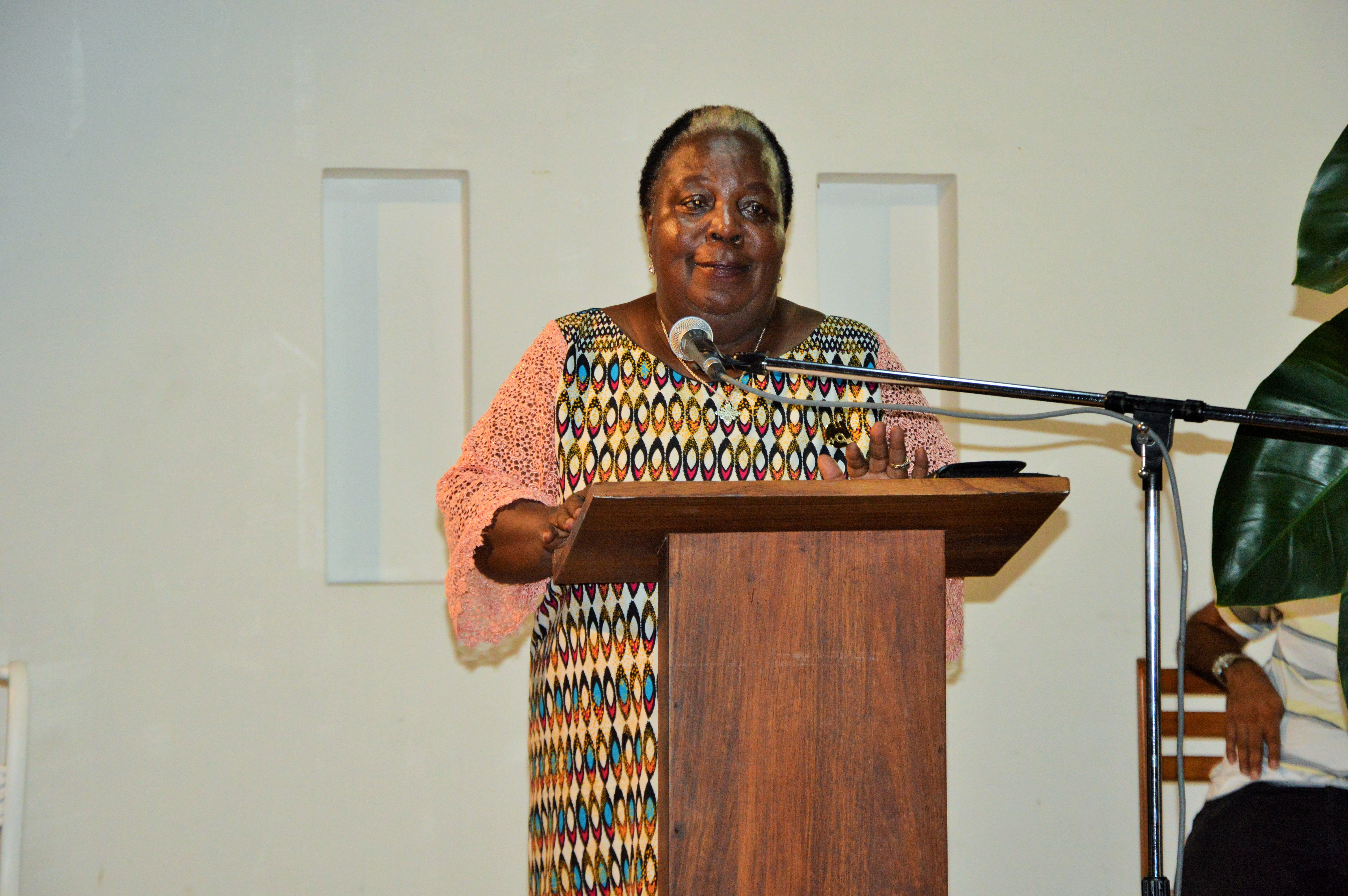Call for Applications for the Emigrant Support Programme 2019 is now OPEN
News
05 February 2019
Overview of the Emigrant Support Programme
The Irish Government Emigrant Support Programme (ESP) is a tangible expression of the Government’s support, commitment to, and interest in, Global Irish communities, as outlined in The Global Irish: Ireland's Diaspora Policy. Strengthening connections with Irish Communities abroad and promoting links with Irish people and people of Irish ancestry worldwide is also a key objective of the Department of Foreign Affairs and Trade. These communities are made up of Irish emigrants, their descendants, those living abroad who share and celebrate an Irish heritage identity and global links with Ireland.
Through the ESP, the Government provides financial support to organisations engaged in the delivery of front line advisory services and community care to Irish emigrants, particularly to the more vulnerable and marginalised members of our community abroad, including the elderly. In addition the ESP also facilitates Irish Government investment in a range of cultural, community and heritage projects, which foster a vibrant sense of Irish community and identity, as well as strategic capital projects. Since its inception in 2004, the Emigrant Support Programme has assisted over 530 organisations in 36 countries with grants totaling over €170 million. Grants have ranged from small amounts for grass-roots groups, to major allocations awarded to voluntary and community organisations operating on a large scale.
Objectives of ESP – Is your project eligible?
ESP funds charities, charitable bodies or voluntary/not-for-profit projects which seek to fulfil one or more of the following objectives:
Welfare
- Address the diverse and evolving needs of Irish emigrants, especially the elderly, disadvantaged and vulnerable;
- Facilitate access to statutory and voluntary services in their country of residence for Irish emigrants;
- Support projects which address social isolation and actively improve the physical and mental health of older Irish people.
Connectedness
- Celebrate, maintain and strengthen the links between Ireland and the Global Irish;
- Foster a more vibrant sense of community and of Irish identity;
- Support business networks to connect Irish people to each other at home and abroad;
- Research and define the emerging needs of Irish communities abroad;
- Support development of new ways to communicate and connect with the increasingly diverse global Irish, including non-traditional diasporas and young emigrants;
- Improve awareness and understanding of the Irish emigrant and diaspora experience.
Intergenerational Links
- In 2019 there’s particular interest in supporting intergenerational projects which provide channels for interaction between older and younger members of Irish communities.
Collaboration
- Projects can be submitted by an individual organisation or by a number of organisations working together to address an identified need or opportunity.
The Government remains committed to supporting projects that are:
- Collaborative in nature
- Supportive of intergenerational links
- Reflective of diversity within the Irish diaspora and Irish communities
- Supportive of new emigrants
Criteria for grant aid:
Applicant organisations should be established as registered charities, charitable bodies or voluntary/not for profit organisations and will be evaluated on the following criteria:
- the need for the project
- beneficiaries in the Irish community (including second and later generations), including their needs and vulnerabilities
- the impact of the project based on clear expected outputs and outcomes
- partnerships with other statutory, voluntary and ESP-funded organisations to maximise service delivery to vulnerable Irish people
- how the outcomes will contribute to the achievement of ESP’s objectives
- the capacity of the organisation to deliver the project
- the total project cost and value for money offered
- what funding has been secured from other sources for the project
- the monitoring and evaluation systems in place to measure the outcomes for target beneficiaries
- commitment to good governance and best practice throughout the organisation (including e.g. financial management, fundraising strategy, inclusion policies and staff training and development)
Categories of Funding:
All funding decisions are based on the information submitted in the official application form, which must be submitted online. No hard copy application forms will be accepted. The categories under which ESP can be applied for are as follows;
- Heritage - Project involving the promotion and maintenance of Irish heritage and identity overseas.
- Welfare (Elderly) - Projects that are specifically targeted at the older members of the Irish community.
- Welfare (Other) - Projects involving the provision of front-line welfare services including advisory, counselling, information and outreach services to Irish communities.
- Networks - Projects to support Irish business networks or other Irish professional networks overseas.
- Capital - Projects involving the construction, refurbishment or purchase of capital assets. This includes projects related to website development and large digital/software projects.
Organisations are permitted to make applications in more than one category.
Principles governing recipients of Irish Government funding:
The ESP is funded through taxpayers money and is therefore public funding. The highest levels of transparency and accountability will be applied. As part of this we require reports on the impacts and the success of projects funded as well as financial reports.
In line with regulations governing the receipt of grants from the Irish Government, all grantees must:
Clarity
Set out clearly the objectives, inputs and outputs of their funding spend:
- Show clearly that funding was spent only for the business purposes for which it was provided
- Seek clarification from the grantor where necessary – on use of funds, governance and accountability arrangements
Governance
Ensure appropriate governance arrangements are in place for: oversight and administration of funding:
- control and safeguarding of funds from misuse, misappropriation and fraud
- accounting records which can provide, at any time, reliable financial information on the purpose, application and balance remaining of the public funding
- Accounting for the amount and source of the funding, its application and outputs/outcomes
Value for money
Be in a position to provide evidence on:
- effective use of funds
- value achieved in the application of funds
- avoidance of waste and extravagance
Fairness
Manage public funds with the highest degree of honesty and integrity:
- Act in a manner which complies with relevant laws and obligations (e.g. tax, minimum wages)
- Procure goods and services in a fair and transparent manner
- Act fairly, responsibly and openly in dealings with the Grantor
Additional Points to Note:
It is recognised that it may not be possible to immediately begin a project which has been approved for funding. However, it is expected that the project will have commenced within six months of receipt of the grant. Irish Government accounting practices require the money to be used for the approved purpose within the same funding year.
The Funding year runs from 1st July 2019 until the 30th June 2020.
Grant aid not used in accordance with the terms and conditions specified by the Irish Government must be repaid in full. If a grant has been awarded towards funding for a staffing position and a vacancy arises in that position during the funding year, organisations should expect a claw back for the period the position was unfilled.
If you have questions about whether your project is suitable for ESP funding please contact the Embassy via Telephone on +255 22 2213800 or via email: daressalaamembassy@dfa.ie
The deadline for applications is 5.30pm (local time) on Wednesday, 20th February 2019.




